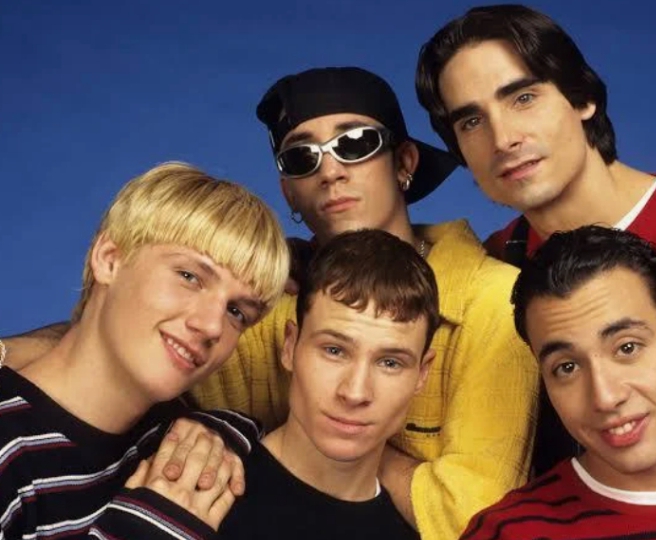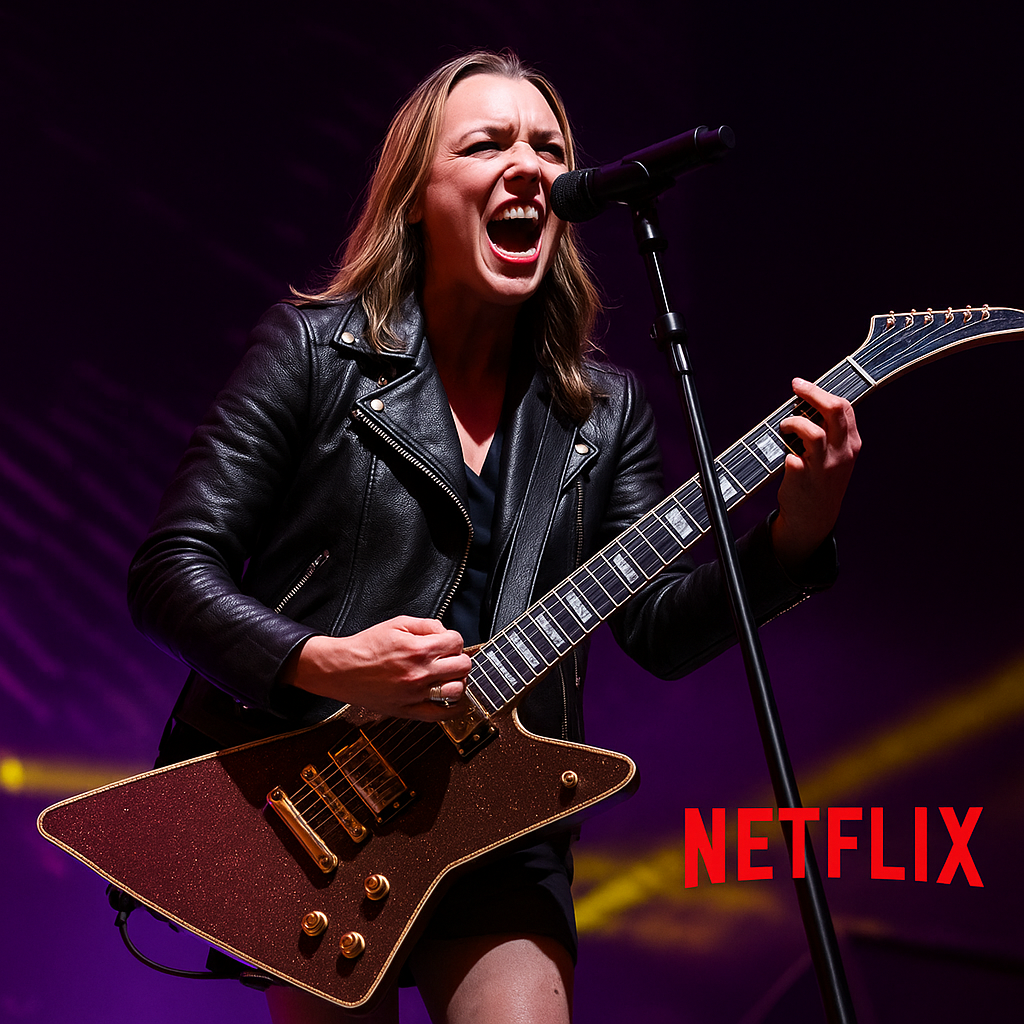When the Backstreet Boys first stepped onto the global stage in the mid-1990s, few could have predicted the incredible legacy they’d build. With perfect harmonies, unforgettable melodies, and a genuine bond that resonated far beyond music, they became more than just a boy band — they became a movement.
Their journey began in Orlando, Florida, a city that would unknowingly birth one of the most successful pop groups of all time. Nick Carter, AJ McLean, Brian Littrell, Howie Dorough, and Kevin Richardson each brought a unique energy that, when combined, created something magical. The moment they sang together, something clicked — a sound that was both familiar and fresh, filled with soul and sincerity.
As the 1990s unfolded, pop music was shifting. Grunge had faded, and the world was ready for something lighter, something that brought back the joy of melody. The Backstreet Boys delivered exactly that. Their debut singles, “Quit Playing Games (With My Heart)” and “As Long As You Love Me,” melted hearts and topped charts across continents. It wasn’t just about their looks — it was about how their songs felt like stories from your own life.
By the time Millennium arrived in 1999, the Backstreet Boys had achieved what few artists ever could: universal stardom. The album became a cultural event, and “I Want It That Way” turned into an anthem of love and longing that never grows old. To this day, fans still sing it word for word, proof that music — when crafted with heart — transcends generations.
Behind the fame, the group’s bond became their foundation. They faced career highs and devastating lows together. When Kevin left the group in 2006, it felt like the end of an era, but their brotherhood pulled them back together. His return in 2012 reignited the flame, proving that family — even one formed by music — can withstand time and trials.
Their sound evolved over the years, blending maturity with nostalgia. DNA, their 2019 album, showed that they were still capable of making pop magic. Songs like “Don’t Go Breaking My Heart” reminded listeners that the Backstreet Boys weren’t chasing trends — they were refining them. They grew with their fans, turning teenage anthems into adult reflections of love, hope, and life’s lessons.
On stage, they remain a force. Whether performing at packed arenas or nostalgic festivals, their chemistry is undeniable. Each harmony feels effortless, each dance move a tribute to the countless rehearsals that shaped them. Watching them perform today feels like revisiting a memory that’s still alive — a time when music videos ruled and CDs spun endlessly in our stereos.
Their connection with fans has always been their strongest weapon. Millions who grew up with their posters on their walls still cheer for them today, bringing their children along to concerts — a rare bond that bridges generations. The Backstreet Boys are not just loved; they’re cherished, and that’s something few artists ever achieve.
Even as trends change and new stars rise, the Backstreet Boys remain symbols of pop perfection. They represent an era when songs were sung with passion, not programmed by algorithms. Their voices, raw and real, remind us of what made the late ‘90s and early 2000s so magical.
In 2025, as they continue to perform and record, their story feels like a living legacy. They’ve proven that being timeless doesn’t mean resisting change — it means evolving without losing your soul. Every tour, every song, every reunion is another reminder that their harmony — both musical and personal — still shines.
Their fans often say, “Once a Backstreet fan, always a Backstreet fan.” It’s more than a slogan; it’s a truth built on decades of music that connects hearts across the world. The Backstreet Boys didn’t just give us songs; they gave us memories, hope, and a soundtrack to our youth.
And as long as they keep singing, one thing remains certain — Backstreet’s back, and they always will be.


